Photos
When using these photos, please include the accompanying photo credit. Please note that these photos are for use strictly for publicity purposes. Please contact us if you are interested in any other kind of use of a photo.
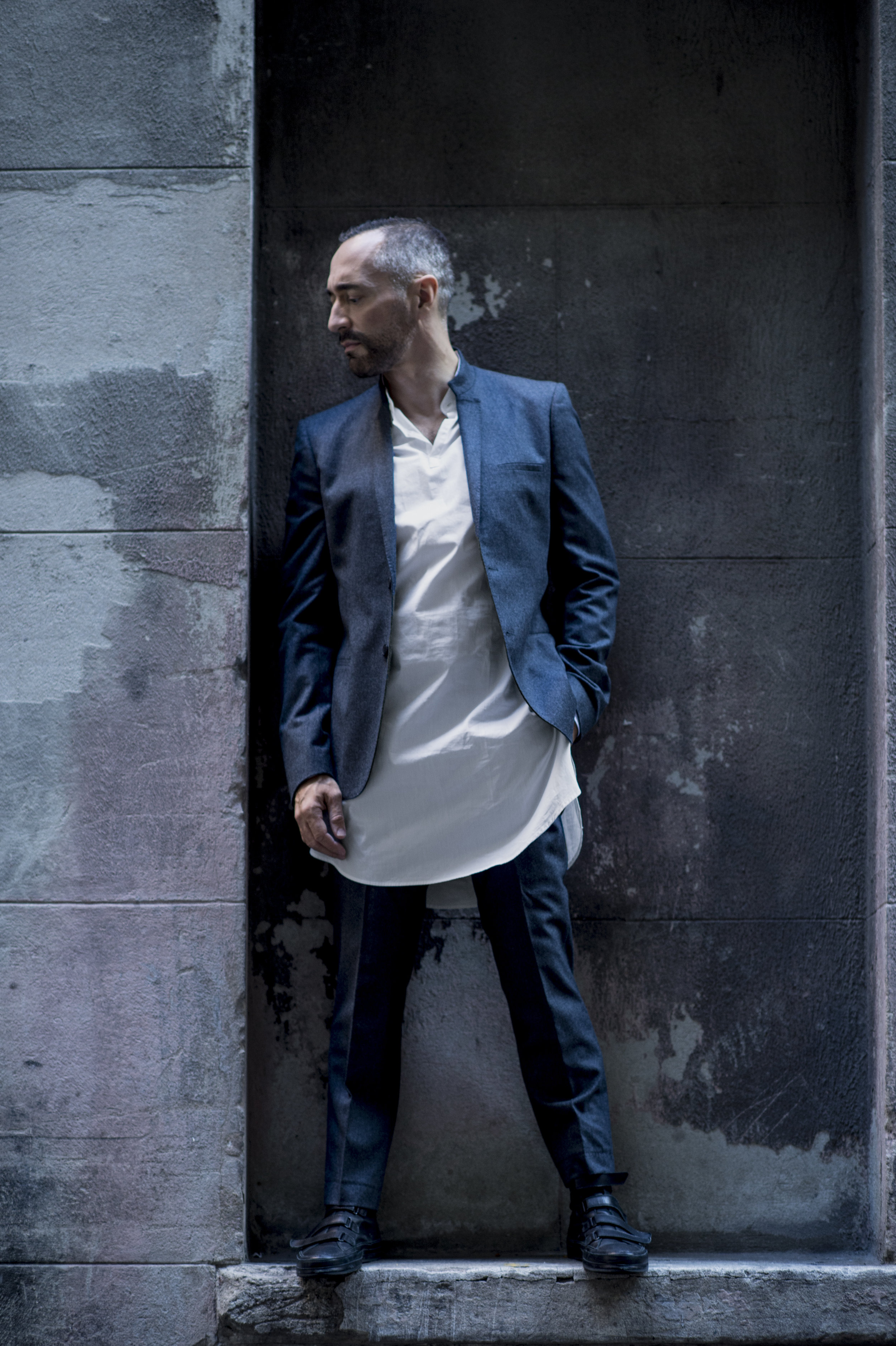
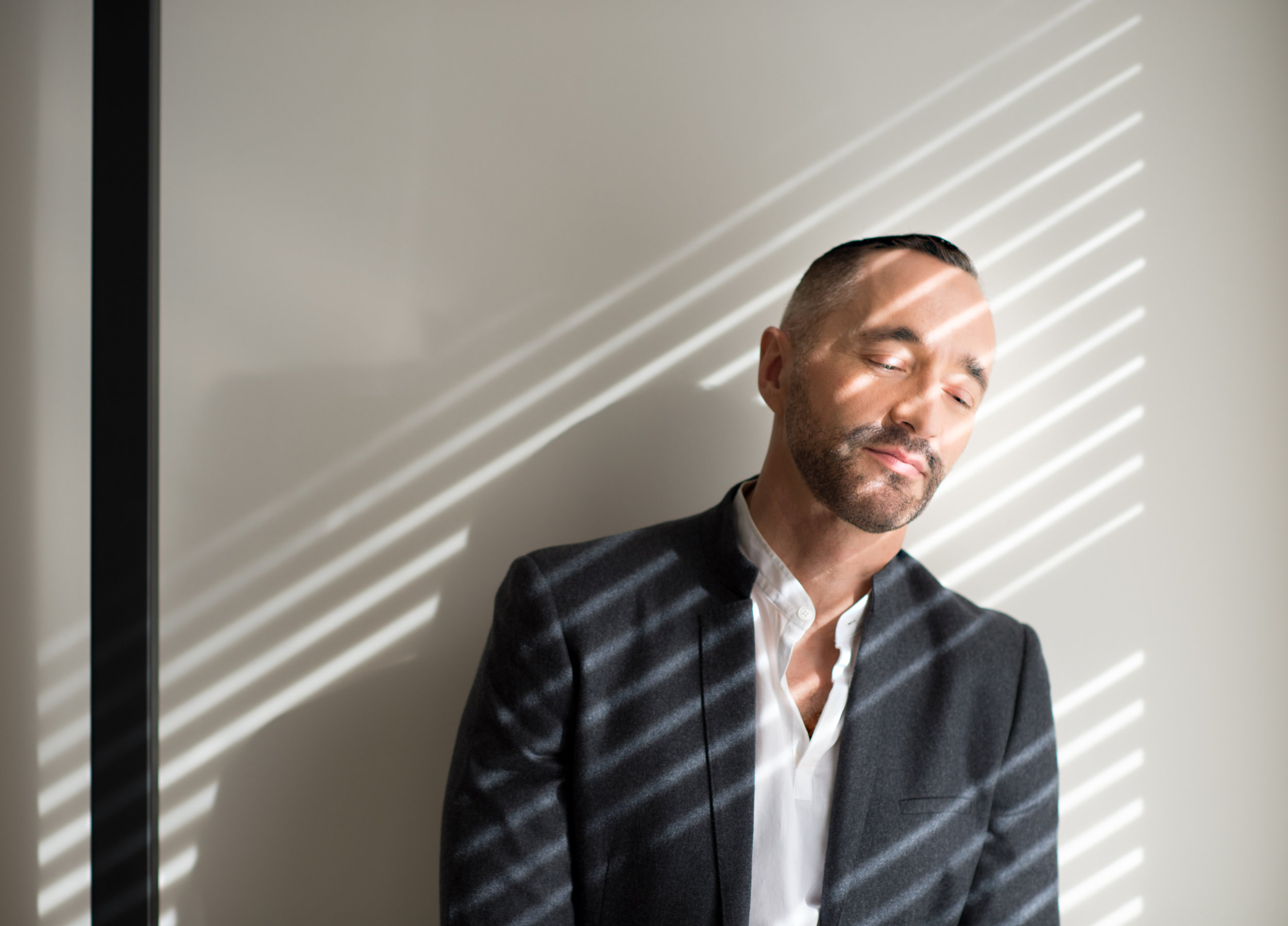

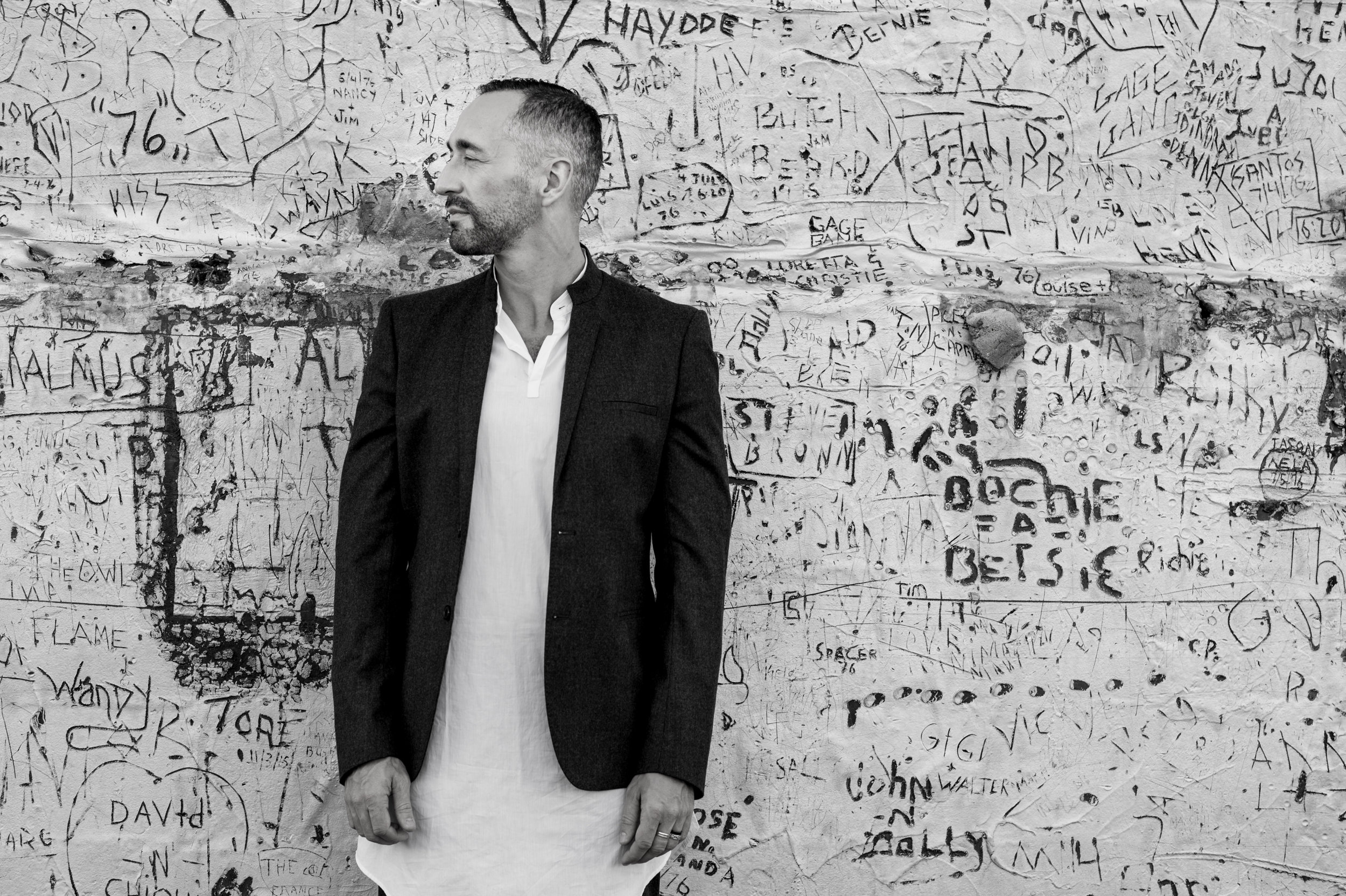

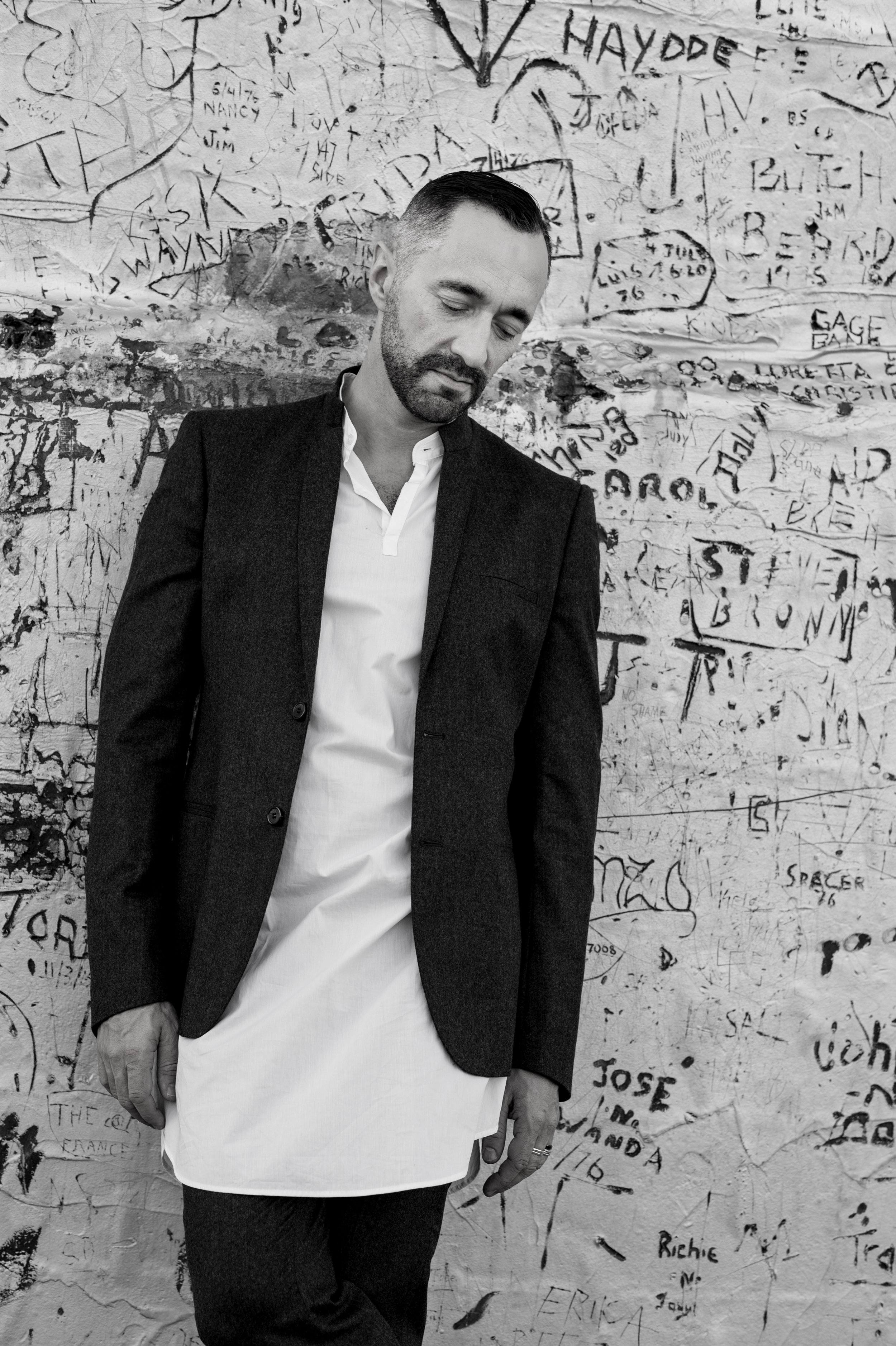

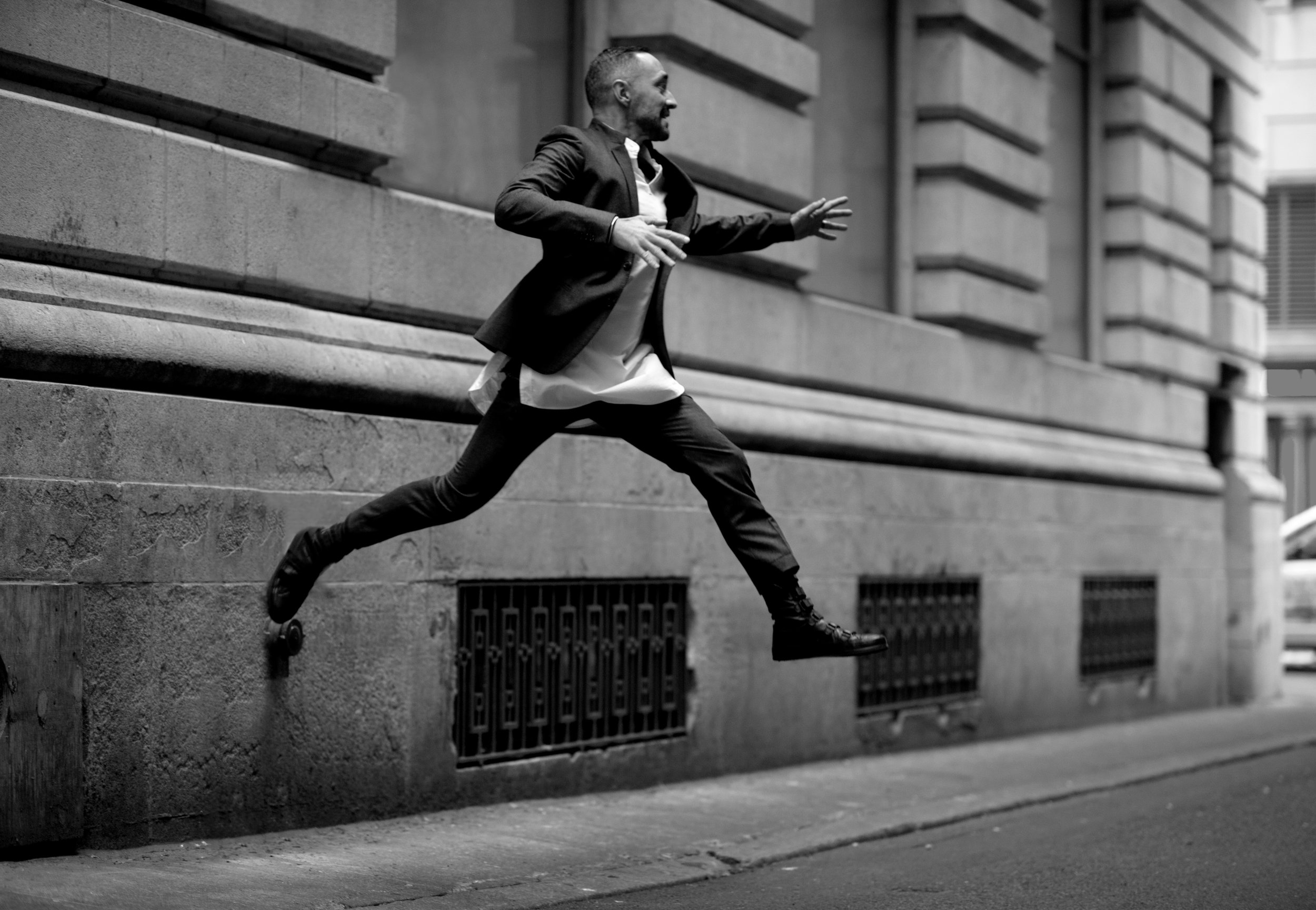
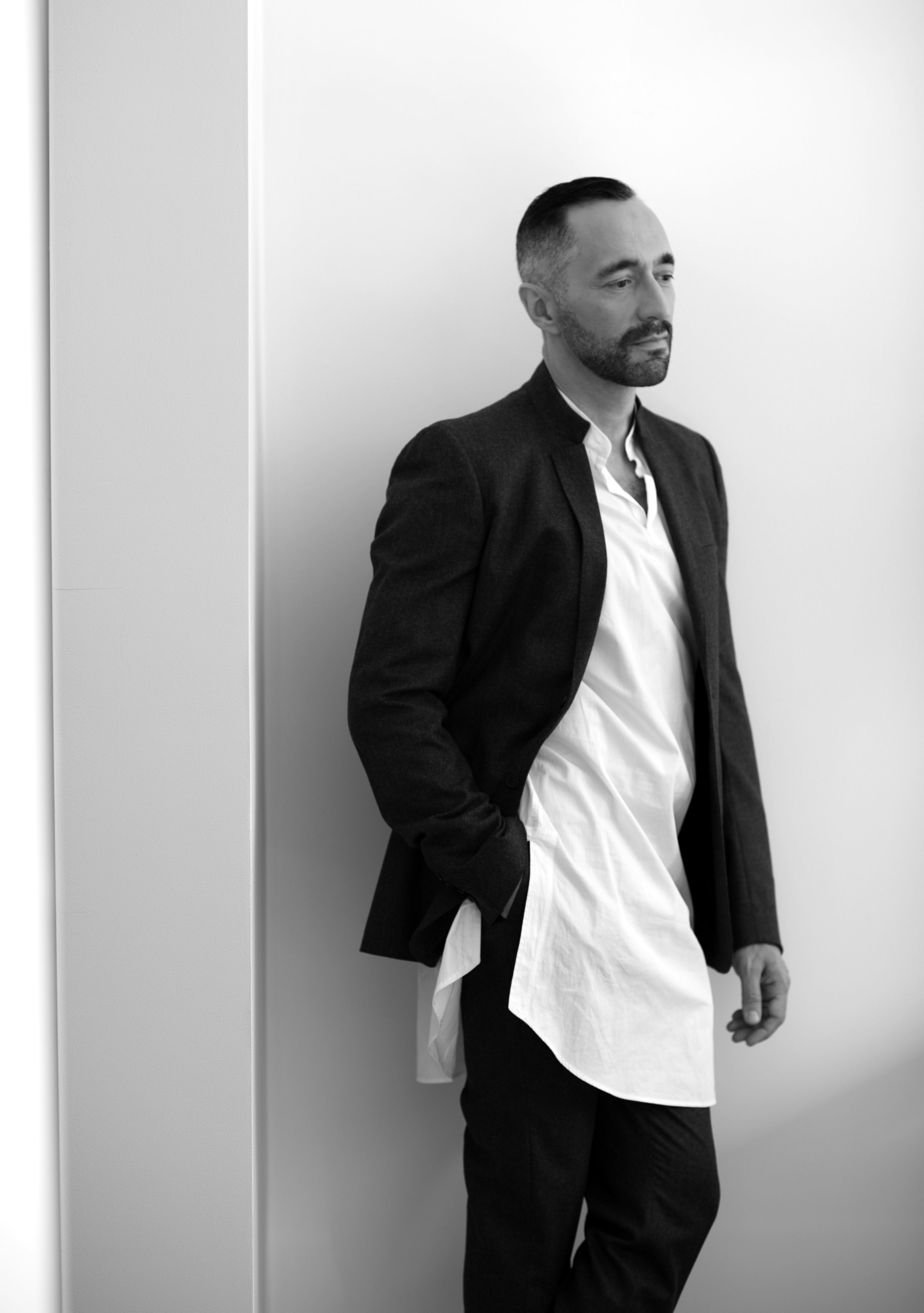
Biography
Mr. Bleckmann knows his way around a dreamscape. A vocalist of inventive instinct and assiduous musicality, he’s never more secure than when in reverie, plumbing depths at once familiar and strange… Nate Chinen, New York Times
Beyond being a vocalist of rare purity and daring, Theo Bleckmann is a sound painter who creates what JazzTimes has described aptly as “luminous webs” in music. The German-born New Yorker – after appearing on two ECM albums by Meredith Monk and on another by pianist Julia Hülsmann of Kurt Weill songs – makes his striking label debut as a leader with Elegy. This album showcases Bleckmann as a composer as much as a singer, with several instrumental pieces voiced by what he calls his “ambient” band of kindred-spirit guitarist Ben Monder, keyboardist Shai Maestro and the subtle rhythm team of Chris Tordini and John Hollenbeck. Highlights include Bleckmann’s sublime rendition of Stephen Sondheim’s “Comedy Tonight” (“tragedy tomorrow… comedy tonight”), as well as the mellifluous vocalise of “Little Elegy” and achingly poetic song “To Be Shown to Monks at a Certain Temple.”
“This record is called Elegy for a reason – each of its songs relates to death or transcendence in some existential way,” Bleckmann explains. “Several of the pieces are instrumental, with ‘Cortege’ a funeral march. In the song ‘Take My Life,’ I imagine what it would be like to die, losing facility bit by bit: losing your voice, your heartbeat, your breath. I wrote that one thinking about Bach and his cantatas, especially ‘Ich habe genug,’ which is about joyfully going into the afterlife. For this album, I wanted to create songs that deal with this subject matter not in a morbid way but with some light to it.”
Reflecting on his inclusion of the Sondheim song, Bleckmann says: “In its original version, ‘Comedy Tonight’ is upbeat and fun. I arranged it more atmospherically in memoriam for my mother, who recently passed away. She was a woman who was funny and always looking for things to make her laugh. I think that’s why she made it to 91 – she would find humor even in things that weren’t necessarily funny. Half the time, I wouldn’t laugh, but she would be giggling. I think that’s an incredible trait.” Regarding “To Be Shown to Monks at a Certain Temple,” Bleckmann notes its thematic significance: “The lyrics come from a Zen poem that I set to music. It’s about not giving up. Don’t think about death, just keep on moving. Don’t be morose, keep on living.”
Bleckmann and company recorded Elegy at New York City’s Avatar Studios with producer Manfred Eicher, who helped shape the album. “Manfred had the great suggestion of using some of my written material as the basis for short free improvs,” Bleckmann recalls. “That’s how the instrumentals ‘Semblance,’ ‘Cortege’ and ‘Alate’ came about. We created these little interstitial islands to connect some of the songs. I often conducted them in the studio because there was so much space in these pieces.
“The sonic character of the band is very ambient,” Bleckmann adds. “I wanted a group of musicians who weren’t hell-bent on soloing all the time – I wanted that space and a lot of collective playing. The piano, with Shai, is the centerpiece of the orchestration, taking the lead role harmonically and sometimes even rhythmically. Ben and John, on guitar and drums, encompass the envelope around that, marking a lot of the sonic space. Chris, on bass, delineates harmonic change within that.” Maestro and Tordini are newer musical friends for Bleckmann, but his creative relationships with Monder and Hollenbeck stretch back two decades, with the three musicians contributing to each other’s projects regularly over the years. Bleckmann and Monder, in particular, have performed extensively as a duo.
“Ben is a very intense musician,” Bleckmann says. “He plays with such concentration that it can be mesmerizing. He’s someone who creates his universe through his sound, which is like that of no other guitarist. I’m really into sound – and that’s true for everyone in the band. Shai and Chris have their own, beautiful sounds on their instruments, while John – as such a great composer himself – explores sonic possibilities at the drums like no other drummer I know.”
The overall tone and tenor of Elegy – floating yet substantive, reflecting on serious emotions but with a lightness of touch – reflects Bleckmann’s thoughts on the inevitability of the life cycle, the sublimity of our life’s punctuation. He says: “From the very first piece, ‘Semblance,’ I wanted the tonality of this music to have something of that radiance, that light, I felt with my mother at the end.”
“a vocalist of inventive instinct and assiduous musicality”
“magical, futuristic”
“limitless”
“transcendent”
“brilliant”





